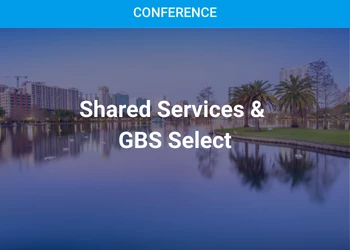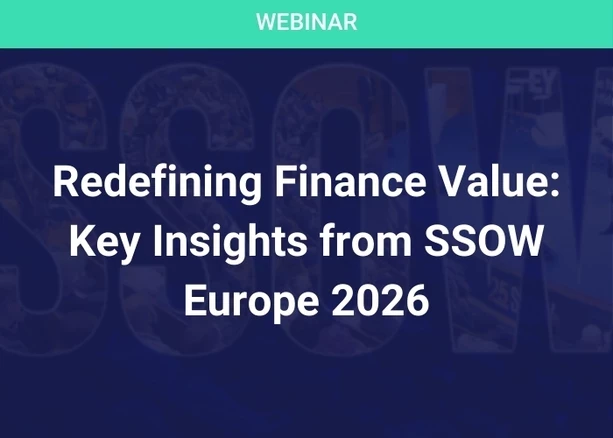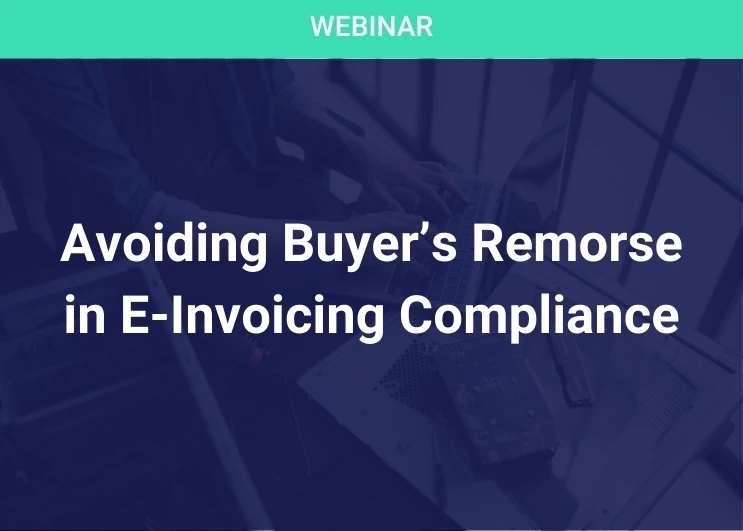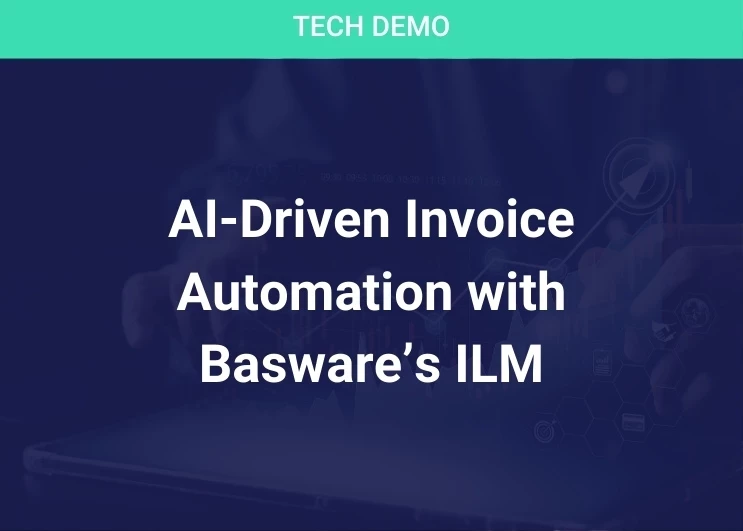"Absolute Transparency of Data"
Add bookmarkHere at SSON, we cover enough shared services and sourcing centers to recognize immediately when someone is on the right track to something new. A recent phone call with Syngenta’s Head of Finance Services, Robert Weltevreden, is a case in point:. first, a trend towards procurement services – one we’ll be covering more this year – ; and secondly, – a focus on data analytics and sustainable excellence.
Barbara Hodge: Robert, could you start by telling us a little bit about your role at Syngenta? - what kind of a model are you running for business services?
RW: Syngenta runs a business services organization that encompasses information services, finance services, HR services, master data services, procurement services, and what we call sustainable excellence, which is a rather unique concept – at least you don’t see it often. Sustainable excellencebasically includes all the people who do projects, change management, system maintenance, configuration changes and the like. I'm in charge of finance and procurement services.
BH: And is this run as one multifunctional team?
RW: Yes, business services is run as one organisational unit, which reports into the Executive Committee. Our staff comprises of some 2,000 people and they are located across the world. This excludes our finance support team, which we have outsourced to Capgemini.
BH: What have you outsourced to Capgemini?
RW: Mainly the tasks around accounts payable, purchase order management, travel expenses, and accounting and general ledger.
BH: I’m especially interested in your procurement group, as we are seeing a lot of interest in procurement, this year. Could you explain how this group evolved?
RW: Let me first define what it is we do. We provide procurement services, which means that we help the organization to buy goods and services at the transactional level – working with the Syngenta business units and interfacing with their suppliers.
What we don't dois negotiate with our suppliers. Negotiation and pricing is done by what we call the"procurement business partnering organizsation."I We co-operate closely with this group, of course. Ourprimary aim is to make sure that they can focus on agreeing the right contracts for Syngenta and don't need to worry about anything else around it.
BH: And when you talk about procurement, do you mean direct or indirect procurement?
RW: Both.
BH: Would you not term that sourcing, Robert?
RW: What we do is really procurement services. What the procurement business partners do is what I would call sourcing. They look at the marketsto agree the best deals first, then we make sure it's all effectuated properly.
BH: Do you cover procurement globally for Syngenta – Ie, does every procurement run through your group for the worldwide businesses?
RW: Yes. After the procurement business partners agree the terms and pass on the contract, then the actual procurement transaction –calling a the supplier, sending a purchase order toa the supplier, following that through – runs through Finance Services. That doesn't happen from one location, and.we’ve actually outsourcedmost of this to Capgemini.As a result, we have"procurement desks" in some five locations around the world, staffed by linguists who act as the interface between Syngenta and its suppliers.
The main benefit is that this allows for absolute transparency in what Syngenta buys, and it allows for a clear funnelling of all the purchase requests to the right suppliers. Business entities in the different in a countries can no longer pick up the phone and negotiate their deal individually. Today, it's all channelled through us and the systems we have set up to make sure that we buy from the right supplier for the right price.
BH: In terms of the straightforward benefits to Syngenta, how would you define these?
RW: Through leveraging our combined demand and doing away with the individual negotiations, we’ve standardized our procurement to the extent that wenow get better thought-through contracts with optimal pricing structures. Put simply, we get better deals and . better value.
BH: Are you able to share what percentage in savings you have achieved after a year?
RW: We haven’t made our targets public butthe monetary savings are absolutely worth it. The trick for us now is to make it sustainable. While one benefit is to achieve price reductions, the other benefit is allowing our organizationto focus on their core business priorities, including product innovation, improving customer service,and the like.
BH: You mentioned transparency of data, earlier. You can now see where you were spending money, where you are spending money, etc. How do you use this data to provide an advantage for Syngenta in its markets?
RW: This transparencyallows us to provide tailored reports for our businesses. For example, we can highlight how much is being spent in each country,and on what. They can then take that information and focus their effortson a specific geography to find the best supplier for lab materials, for example, or to make a catalogue deal with one of the big catalogue providers. Essentially, we now have an opportunity to decide where to spend our time and effort on sourcing.
BH: So, what do you require, to produce these kinds of reports and to get the right data to the right people?
RW: Actually, you need personal discipline assessments. We've developed a very good set of procure-to-pay processes. And we've got a good system landscape supporting it, with, I believe, the best technology that's out there at the moment.
BH: What is that technology?
RW: SAP and the latest additions to it,such asIinvoice Management and alsoEASYprocure, which is–like aprivate Amazon for companies. EASYprocure is a great tool. It can interface with Amazon or with any catalogue provider that's out there. We use it as the front portal for Syngenta users, when they want to buy something.
BH: What can you tell me about "master data"? You mentioned this earlier.
RW: It's one of the other service centers Syngenta runs. It covers product master data, customer master data, financial master data, vendor master data –…practically any important data you can think of. In many multinationals, master data are the Achilles heel of processes,so we decided that we needed not only the transactional muscle power, but also policies and procedures for them. An example is our new vendor master data policy. This will bring more discipline in and comparability of our master data, which in turn will helps the running of all the processes. It's very tough to do that right – -- it's not easy at all. I wouldn't say we're at best practice yet, but we're well underway.
BH: And what about sustainable excellence? I haven’t come across that before.,Can you talk a little bit about what that covers?
RW: This is something we developedin-house. Basically,this refers to putting in placereally good project managers who understand business processes, who understand the link from process decision to organizsation to data, and who are able todrive change and continuous improvement through the organizsation. In a nutshell, that iswhat our group does – continuously improvinge the way we work and the way we organize our processes.
BH: But you still runProject Management offices, right? It sounds like you're taking the best of what's out there now, while recognizsing that being sustainable is a key issue for any professional organizsation.
RW: That’s exactly right.
BH: I appreciate your time, Robert. Thanks so much for speaking with me today.
RW: Thank you.
[eventpdf]





















